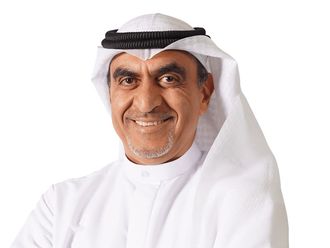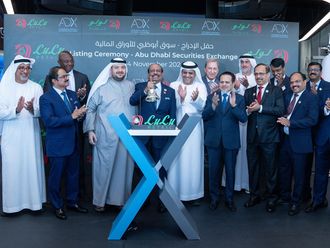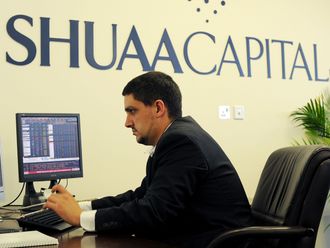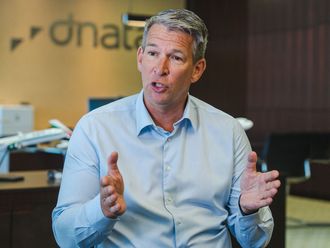Dubai: The Islamic Finance market is in desperate need of high-quality scholars who will help to grow the industry, Islamic banking industry specialists said yesterday at the Menasa Forum in Dubai.
Conventional banking has strict regulations, and Islamic banking has its Sharia scholars.
Harris Irfan, head of Islamic Products for Barclays Capital and Barclays Wealth, said there were only 15 very well-known names, leaving a gaping hole, with Islamic banks searching for solutions in a $1 trillion market.
Sabic Corporate Finance Executive Vice-President Mutlaq Al Murished said that in order for the industry to grow, research must be carried out to devise new products.
One of the challenges was the diversity of opinion among Sharia boards, especially in Saudi Arabia where the number of boards equalled the number of banks, he said.
"If one board says a product is Islamic, the other will say it isn't. That's very confusing," Al Murished said.
"Meanwhile, as scholars reject a product, they fail to advise on possibilities."
Irfan said scholars need to think commercially.
"We need their help to structure products," Irfan said.
He said the view that when one door closed in Sharia, a hundred others opened, was not being realised.
While the global view was that changing or varying standards in Sharia compliance was hampering banks' ability to do deals, the industry was converging, he said.
Rushdi Siddiqui, global head of Islamic Finance for Thompson Reuters, said it took many years for the Islamic finance industry to hit the $1 trillion mark.
And if it was to cross the $3 trillion mark in three to five years, three things would play a key role: authenticity, innovation and reach, he said.
"We are at the age of Sharia compliance," Siddiqui said.
A main challenge faced by the industry, he said, was the lack of connectivity between Islamic banks around the world.
"If we can bring all stakeholders on one platform…thsi will facilitate transactions. There is very little cross-polarisation of ideas," Siddiqui said.
He said Islamic finance is now where FX was in 1971. "Technology is the next stage," he said.
Al Murished also said the emerging trend was a growing sukuk market, but the framework needed to be worked on.
It has to be practical and flexible and not "too pure."
"Islamic financing, at the end of the day, has to be competitive, to position itself as a viable alternative [to conventional banking]," Al Murished said.
There are 147 ($19 billion) Islamic funds under management in Saudi Arabia; 33 funds ($1.7 billion) in Kuwait; 17 funds ($321 million) in Bahrain; three ($68 million) in the UAE; one ($16 million) in Qatar; and five ($152 million) in Egypt.












